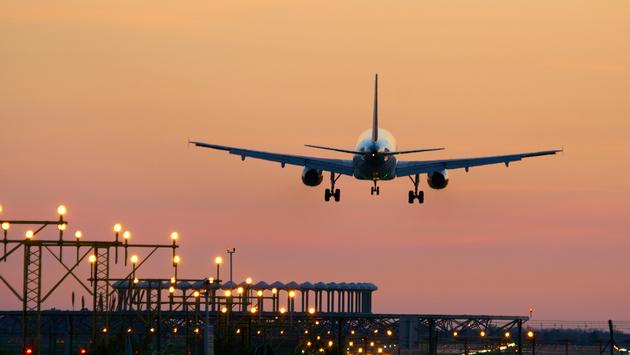How airlines are using Artificial Intelligence (AI) to optimize pricing and revenue

Airlines are increasingly using Artificial Intelligence (AI) algorithms to optimize pricing and revenue management. These algorithms use data on demand, competition, and other factors to set prices dynamically and adjust them in real-time. This can help airlines maximize revenue and reduce costs, which could potentially lead to lower prices for consumers.
The use of AI in the airline industry has the potential to improve efficiency, reduce costs, and enhance the customer experience, which could ultimately lead to more competitive pricing and better value for consumers.
AI can help airlines optimize their pricing strategies to maximize revenue while still offering competitive prices to travelers. However, it’s important to note that pricing algorithms are often complex and opaque, which can make it difficult for travelers to understand why prices are changing and whether they are getting a fair deal.
Global carriers can use AI to better manage their operations, which could lead to cost savings that could be passed on to consumers. For example, AI-powered predictive maintenance systems can help airlines identify and address maintenance issues before they lead to costly delays or cancellations, reducing the need for costly repairs and improving overall efficiency.
AI can also have a significant impact on the price you pay for air travel. Here are a few ways:
Demand forecasting: Airlines use AI algorithms to forecast demand for their flights, taking into account factors such as time of year, holidays, and events happening in the destination city. This helps them adjust prices to optimize revenue and fill their planes.
Dynamic pricing: Airlines also use AI algorithms to adjust prices in real-time based on supply and demand. For example, if a flight is filling up quickly, the price may go up to reflect the higher demand, whereas if a flight has a lot of empty seats, the price may go down to incentivize more bookings.
Personalization: AI can help airlines personalize offers to individual travelers based on their past travel history and preferences. For example, if you always choose a window seat, the airline may offer you a window seat at a slightly higher price than other seats, knowing that you are more likely to pay for it.
Fraud detection: AI algorithms can also help airlines detect and prevent fraud, such as credit card fraud or fake bookings, which can help keep prices stable and prevent losses.
Finally, Artificial Intelligence (AI) can also help airlines better understand and respond to consumer demand, enabling them to tailor their pricing and services to better meet customer needs. For example, AI-powered chatbots and virtual assistants can help airlines respond to customer inquiries and complaints more efficiently, improving customer satisfaction and loyalty.
See also: How does AI impact the price you pay for air travel? & Artificial Intelligence articles
